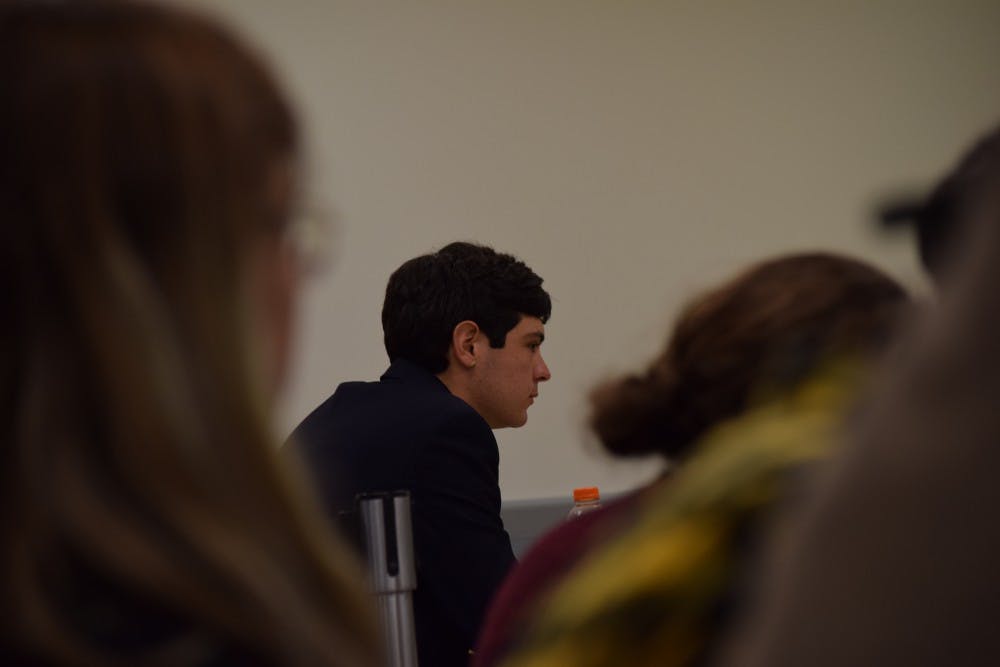UNC graduate student Maya Little’s Honor Court trial for her act of civil disobedience against Silent Sam began Thursday afternoon and will likely conclude Friday.
Little is being tried by the Graduate and Professional Honor Court system.
The UNC Honor System consists of the Undergraduate Honor Court and the Graduate and Professional Honor Court. Each court has a chair, vice-chair and honor court members – entirely comprised of UNC students. Both courts are supported by their Attorney General and his or her cabinet, managing associates and counsels.
Courtney Bain, attorney general of the Graduate and Professional Honor System, told The Daily Tar Heel in an email she could not comment on any specific cases due to privacy reasons.
Undergraduate Honor Court Chair Mary Beth Browne also said she could not comment on Little’s case.
“Honor Court, like all University entities, operates in accordance with FERPA," Browne said in an email to The Daily Tar Heel. "This means no one involved in Honor Court can discuss any case matters, nor can we confirm or deny that any such case exists. I know this may be frustrating.”
Browne said the goal of the Honor System is to determine sanctions that equitably address violations of honor code, if one is found.
“It ranges from a written letter of warning to expulsion, but I promise you, it is very rare in the undergraduate court,” she said, noting that all sanctions were on the table and that she could not speculate on sanctions. “The student attorney general mentioned to me last night that the last time they expelled a student was when they shot and killed people on Franklin Street.”
According to the Undergraduate Honor System Annual Report for 2016 to 2017, there were 204 reports received, 187 of which resulted in charges.




